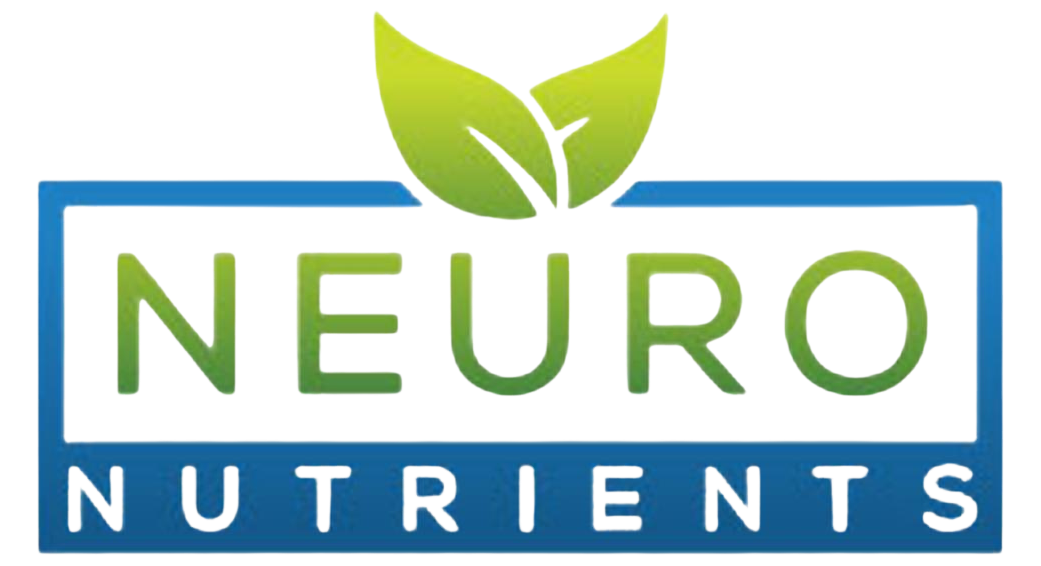When I first started taking vitamins as a consumer, it was because my OBGYN said I needed to take a prenatal vitamin and folic acid. That was 22 years ago, and wow, things have changed. Now I would never just shop for a multivitamin on Amazon, and to be very clear, I would never take folic acid, especially if I was trying to conceive a healthy child. I didn’t have a clue, I just bought whatever was cheapest, had the least amount of capsules I had to swallow, and dropped it right after I gave birth. Oh boy… if I only knew what I know now, back then.
Fast forward to entering practice in primary care, my next foray into vitamins. My tree hugging, oil rubbing, Austin Moms (also known as “crunchy”) really challenged me on what vitamins to give their kids. They asked lots of questions, and hard ones too! What type of vitamin C for the flu? How much, for how long, and what type? Buffered C, liposomal C, ascorbic acid, ascorbital palmitate? UGH! I didn’t know. But even despite dodging those questions as best as I could (after all, I was a new provider, and I didn’t have a clue how to answer them), these questions just kept coming. I was inadequate, unprepared, and could not partner with these Mommas to help their littles. Lets face it, at that point, I thought Flintstones was a solid try (yikes).
Jump forward with me once again to when I got to Baltimore at Johns Hopkins, and I was challenged to focus my doctoral work on my “problem” in practice. Yes, this was easy for me… how could I provide solid, scientific, and credible advise to my population, and subsequently prescribe them safe, effective, and evidence based treatments, that were yes, in the form of vitamins or supplements! This was the beginning of an education I never expected to have, but in all of my years of education, its the most favorite thing I have learned.
Today I prescribe vitamins like I do prescription medication- the right patient, the right indication, the right duration, the right amount, and the right drug (now, replace “drug” with vitamin or supplement). Choosing that product might be the most important part of the entire prescription. I spent some time at the National Institute of Health, Office for Dietary Supplements, back during my doctoral work. I learned this word, “pharmacovigilance”. It means that the vitamin in question has the amount of what you think it has inside of it (per capsule or serving), and the exact type of ingredient listed on the label, and nothing else in it (heavy metals, contaminants, illegal drugs or substances). Yes, I said illegal drugs!
So how are supplement companies out there getting away with these shenanigans, and still selling their products? A big part of it is the FDA does not regulate supplements in the US, its actually up to the vitamin manufacturer to comply with legal standards for manufacturing (under the Good Manufacturing Practice Act, or GMP). Get this… you don’t have to be “certified” as a manufacturer, you can just report “compliance” to GMP. This means its up to the manufacturer to say they have done all of these things to comply to this rigor, which unfortunately, is often misreported. Not only does it take more money for manufactures to get these high levels of certifications, it also takes more man power, higher quality ingredients (that are more expensive to source), and the bottom line of profit is at stake.
Ok, enough of that. This is a blog, not a lecture. I wanted to just put it out there, that I care, and we (Neuro Nutrients) know that pharmacovigilance is key to quality vitamins and its important for 3rd party testing and verification. Next time you are tempted to just take whatever is most convenient or the cheapest, remember this rant on quality. For anyone prescribing supplements or vitamins, I hope they also have this very basic education on what they could potentially be giving their patients if they choose companies that do not follow the rules. For now (from one very proudly crunchy Mom to the next), remember you deserve better, especially if you are trying to move in a positive direction for yourself, or your loved ones, optimal health.
Dr. Emily Gutierrez, DNP, C-PNP, IFMCP, PMHS, CCN Doctor of Nurse Practice, Certified Pediatric Nurse Practitioner, Institute of Functional Medicine Certified Practitioner, Certified Primary Care Mental Health Specialist, and Certified Clinical Nutritionist

